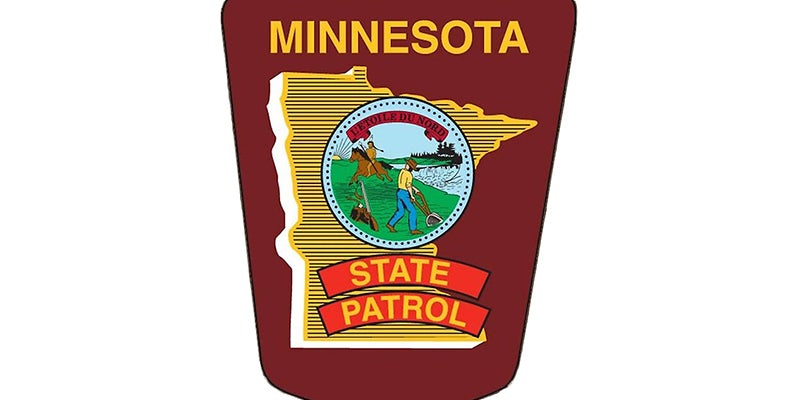Choose your own change
Published 10:29 am Monday, January 21, 2013
Blaise Pascal (1623-1662) began life as a mathematician and scientist, inventing an early calculating machine, but eventually turned his thinking to basic issues of life, spiritual things. Of the many books this French philosopher published, he is best known and is most remembered for “Pensees” (“Thoughts”). Historian Sarah Bakewell describes this as “a collection of disorderly notes for a more systematic theological treatise which he never managed to write. Had he completed this work, it would probably have become less interesting.” What he left us with, she observes, is “one of the most mysterious texts in literature.”
I’m glad Pascal wrote “Thoughts,” and I am grateful Bakewell characterized them. This is rather much what I have attempted a few times here, and I do again now. Not completed essays these times, but what I have termed “occasional thoughts.” They do seem “disorderly notes,” and “a more systematic theological treatise” has crossed my mind. But as was with Pascal, I probably will never manage to write it. I can but hope these thoughts will be somewhat more interesting than a book and that this will not be a mysterious text.
We are going to change, and we have already changed. We can either choose the change that will strengthen us, or suffer the change that will destroy us.
It is well and good to point out what a Bible statement does not mean. However, this information has little value until we have a reasonably good idea of what it does mean.
The great danger of pessimism is that pessimists inevitably work toward the realization of the thing they fear just to prove they are right.
Even when we are right in the center of the path God has laid out for us and along which the Holy Spirit is leading us and we are headed in the right direction at a reasonable pace, this path sometimes dips deep down into valleys. When it does, God’s continuing voice may be not as clear and his presence felt not as warmly. Nothing has changed in our relationship, but it is only that foreign factors (unavoidable and, so, necessary, in the corrupted moral topography of this world) have intruded at this point and at this moment. No matter. If we keep following the Spirit’s leading on God’s pathway and headed in the direction of our destination, this same path will yet rise to a more normal level. The clear signal from above and the warm closeness we lost momentarily will return. Further, ahead are not only additional valleys but some mountain tops as well. Whether on the usual plateau, several valleys or occasional mountain tops, it is the same Lord and the same Spirit as long as we are on his way. How we feel this will vary from the depths of the valleys to the heights of the mountains, but our relation will never vary. Our confidence is found not in the feeling but in the relationship.
The relationship we have with God is most convincingly demonstrated by the relationship we create with his other children. We cannot love God and not love those whom he lives.
Love is God’s gift, but marriage is a human accomplishment; we have to work a marriage to make a marriage work.
If God could hear Abraham pray in Hebrew, Jesus in Aramaic, Paul in Greek, and King James in Elizabean English, he probably can manage our American English.
Contemporary music can remain contemporary only for a few months and then it becomes traditional; all traditional music was once contemporary. Some music claimed to be traditional is only habitual. The music that lasts through generations and even centuries is called classic because it has substance that endures. All of it, however, was once contemporary.
The success of a worship service, regardless of church, is not that the service pleases us but that our worship pleases God.
Happiness just happens or it doesn’t happen; joy is a fruit of the spirit. We can’t always be happy but there is no excuse for not being joyful.
Faith is not passively sitting back and staying out of God’s way but standing up and actively getting into God’s way.


